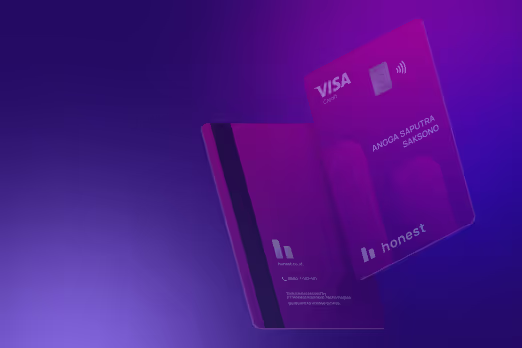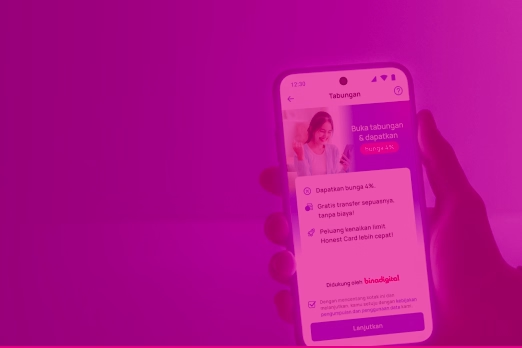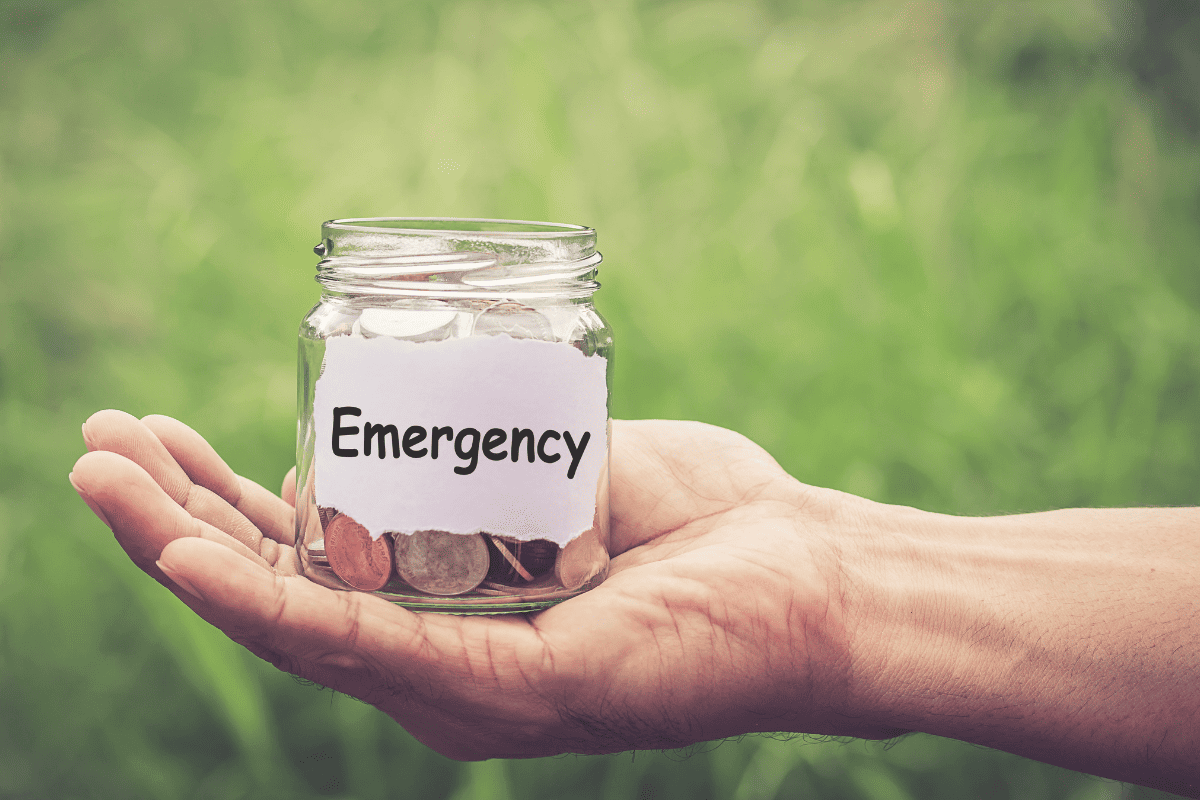Why you should have an emergency fund? Here's the explanation!
Talking about financial planning, it's impossible to leave out emergency funds. If financial planning is like a house, then an emergency fund is its foundation. With a strong foundation, the house can certainly withstand a storm, or rather, chaotic financial emergencies that sometimes make things messy.To understand emergency funds better, you can read the following explanation. It will cover everything from its definition, function, to tips on how to save up. So, read until the end, okay!
What is an Emergency Fund?
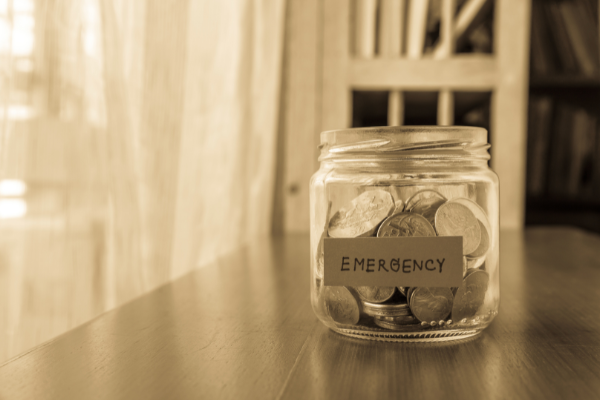
An emergency fund is a savings specifically prepared for unpredictable urgent situations. For example, suddenly falling ill and needing hospital fees, important vehicles or household appliances breaking down, or even losing income due to something unexpected, like being laid off.This fund is not the same as regular savings or vacation money. It should only be used when there's an emergency. Think of it as a "guardian" for your finances so you don't panic or have to go into debt when something urgent happens.
Functions of an Emergency Fund
After knowing the definition of an emergency fund, now it's time to understand its functions. Here are 4 functions of an emergency fund in financial planning.
1. Lifesaver in a pinch
Have you ever suddenly had an unexpected event, like your phone breaking, a flat tire in the middle of the road, or even having to pay hospital bills? Well, this emergency fund is like a lifesaver. It's ready to be used anytime to cover sudden, unplanned expenses.
2. Financial stability keeper
Besides being a lifesaver in a pinch, an emergency fund also acts as a keeper of your financial stability. If you suddenly lose your source of income—for example, being laid off or your business is slow—you can use your emergency fund. With this fund, your daily needs remain safely met while you look for a solution.
3. Keeps you from falling into debt
A meager salary, sometimes not enough to last until the end of the month, makes it easier for you to fall into a vicious cycle, also known as debt. Of course, you don't want that to happen, right? That's why, prepare your emergency fund now!
4. Makes life feel calmer
Life is not always predictable. With an ideal emergency fund, you can be more relaxed knowing you have a 'backup plan' if something suddenly happens. It doesn't just make your heart calmer, but also your mind becomes more focused on solving problems.
Tips for Building an Emergency Fund
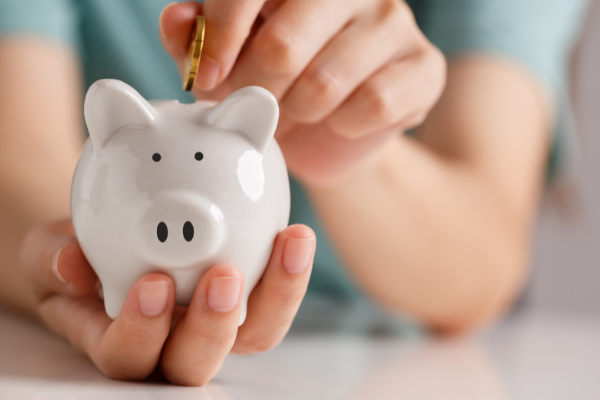
You can set aside an emergency fund by allocating about 10-20% of your monthly income. For example, if your salary is Rp5 million, try to set aside at least Rp500 thousand – Rp1 million every month. So, how do you save up? Here are ways to build an emergency fund!
1. Start with small amounts
If you're a beginner and not used to it, you can build the habit of saving an emergency fund starting with small amounts. Little by little, you can increase the amount. Do this consistently.
You can start setting aside an emergency fund by cutting down on less important spending. For example, if you usually buy fancy coffee for Rp50 thousand every day, try reducing it to once a week. From that alone, you can save around Rp200 thousand per week or Rp800 thousand per month. This money can be directly transferred to your emergency savings without sacrificing essential needs.
2. Create a special account
Besides starting to save with small amounts, another way to build an emergency fund is by providing a special account to separate this money from your everyday finances. Choose an account without a debit card so you're not easily tempted to use it.
If you're still confused about where to keep your emergency fund, you can transfer it to low-risk investment instruments, such as money market mutual funds. The advantage is that this fund can still grow and can be easily liquidated anytime it's truly needed. So, it's safer and more productive!
3. Utilize additional sources
If setting aside from your salary is still difficult because it's just enough, you can use other options from additional sources. For example, when you receive THR, you can set aside a larger amount than usual for your emergency fund.
Another way is, you can also find extra cash outside your office salary whether it's from freelance work, part-time jobs, or selling digital products like what's popular lately. That way, your emergency fund can accumulate faster and you can continue to meet other financial goals.
4. Use a credit card
An emergency fund is important for unexpected events, but not everyone can immediately set one aside. One solution is to use a credit card. You can choose a credit card with a fast application process of only 5 minutes and approval within 2 hours like Honest Credit Card.
Honest Credit Card offers flexible fund access with a limit of up to Rp100 million. It's perfect for urgent needs, such as medical expenses or other unexpected expenditures. The good news is, through the Honest credit card application you can set payments according to your ability—whether you want to pay in relaxed installments, pay partially, or pay it off all at once.
What makes it even more interesting is that the Honest card has no hidden fees, making it more reassuring to use, and extra security because the physical card has no numbers. However, it's very important to use this card wisely. Focus only on emergency needs and always pay on time so that expenses remain controlled. It all comes back to yourself, control yourself so you don't use the credit card indiscriminately.
5. Activate auto-debit feature
To avoid being tempted to buy this and that, a tip for saving an emergency fund is to activate auto-debit. With this feature, every month a portion of your salary will automatically be transferred to a special savings account without you needing to think about it anymore. For example, if you set aside Rp500 thousand per month, in a year your emergency fund will have accumulated Rp6 million without feeling heavy. This method will certainly be effective so you're not tempted to use your money for other purposes.
6. Keep consistent and disciplined
Consistency and discipline are key in building an emergency fund. If you only set aside money occasionally or wait for there to be leftovers from your expenses, the results will certainly be slow and difficult to reach your target. By regularly setting aside a portion of your income every month, your emergency fund will accumulate faster without feeling heavy.
Think of an emergency fund as protection for your future. Consider it a top priority, like paying electricity bills or other basic needs. That way, you won't delay or forget to set it aside. Even if the amount is small, what matters is the routine habit.
The more disciplined you save, the faster you will reach your target and feel calmer because you are ready to face emergency situations anytime. Don't forget, this is an investment to protect yourself!
What are you waiting for?
Get your Honest Card today



